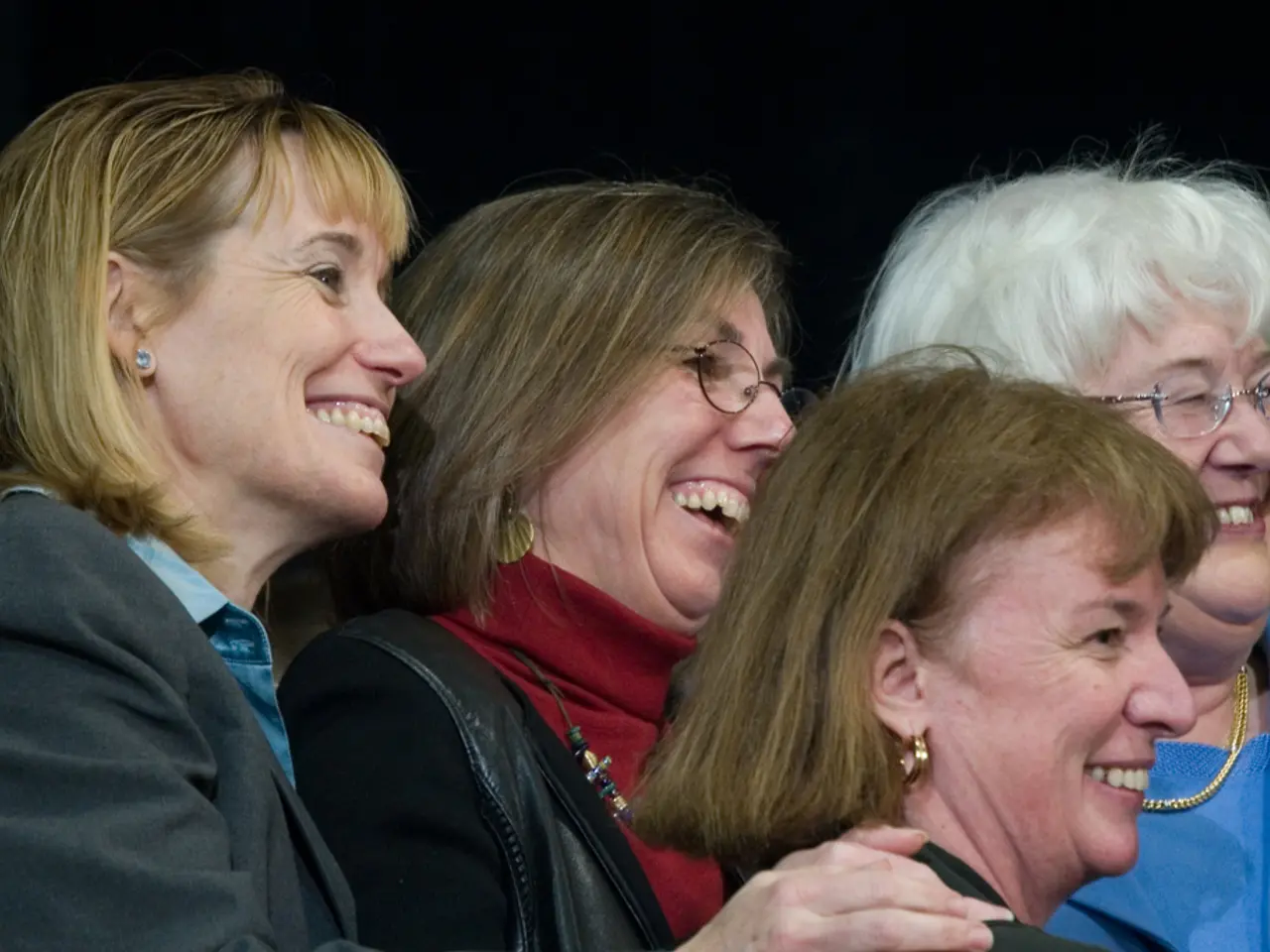Impact of Names on Senior Citizens' Psychological Well- Being
In the journey of life, names hold a significant weight, carrying societal meanings, cultural significance, and expectations. For the elderly, the choice and use of names can significantly impact their mental health, reinforcing their personal identity, fostering positive social interactions, and providing emotional comfort linked to cultural and family heritage.
Being called by their given or preferred name reminds seniors they retain their individuality despite aging-related changes. This simple act can strengthen their sense of self, reduce feelings of invisibility, and support better mental well-being during life transitions such as retirement or health changes [1].
From a cultural perspective, the ways seniors are addressed vary widely and carry deep respect and meaning. For example, in many cultures, names embody family lineage and ethnic identity, connecting elders to their roots and history, which can be deeply grounding as they face mental health challenges like depression or anxiety [1]. In some cultures, it is considered respectful to avoid calling elders by their first names directly, instead using honorifics like “Auntie” or “Uncle” to convey respect and social standing [3]. In Confucian-influenced cultures like China, family caregiving and naming conventions are intertwined with filial piety and authority, where elders’ social status and perceived self-worth in the family greatly influence their psychological well-being [5].
Having a unique name can sometimes make someone feel left out or judged, while more common names might help them feel like they fit in. On the other hand, some names are passed down from past family members, helping older adults feel connected to their roots. Using someone's name with care can help build trust and connection, especially in care homes or families. Saying a senior's name kindly and often can remind them they're still respected and remembered [4].
For the elderly, the psychological connection with their name can be profound. Psychologically, names can shape experiences and interactions from a young age. A name may reflect family heritage, ethnic identity, or historical roots for many older adults. For older adults, hearing their name can bring comfort and emotional support, especially during life changes and common senior mental health disorders like depression or anxiety [1].
Recent studies found that names can influence behavior, physical appearance, life choices, career path, popularity, and how others perceive us. Incorporating digital hearing aids can revolutionize hearing health for seniors, providing better access to communication and social connections [2].
In summary, understanding and honoring the cultural naming conventions and preferences of elderly individuals is crucial for caregivers and family members. By respecting and consistently using seniors' preferred names, they can support both their psychological health and social inclusion effectively [1][3][5]. Calling seniors by the names they prefer shows respect and can improve their mood and feelings each day.
Read also:
- Reversing Aging: Strategies for Restoring Vitality and Youthfulness
- Surgery and Chest Discomfort: Length and Remedies Exploration
- Challenging Lilly's dominance in the obesity drug market, five new oral medications are causing a stir. Orforglipron, Lilly's trademark drug, faces stiff competition.
- Bowel Cancer Stool Indications and Prognosis





